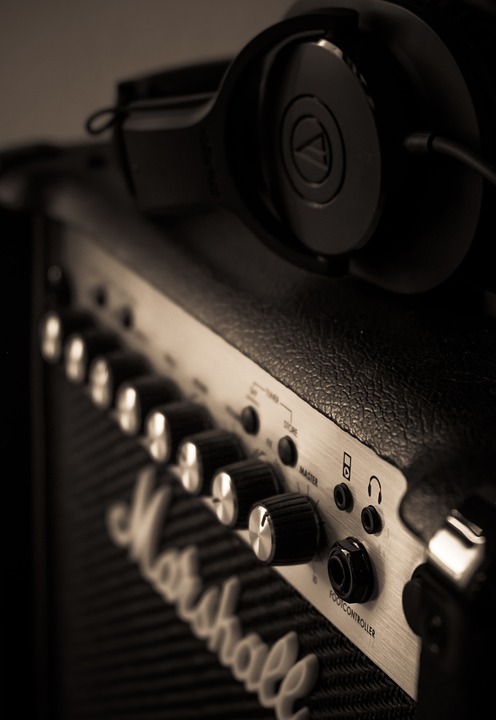
The Healing Power of Music: How it Can Benefit Mental Health
The Healing Power of Music: How it Can Benefit Mental Health
Introduction
Music has been a powerful tool for healing and self-expression since ancient times. The soothing melodies and uplifting rhythms of music have the ability to connect with our emotions and bring comfort during difficult times. In recent years, researchers have begun to explore the relationship between music and mental health, and the results have been promising. Music therapy has been shown to have numerous benefits for individuals struggling with mental health issues, including reducing anxiety and depression, improving mood and self-esteem, and enhancing overall well-being. In this article, we will explore how music can benefit mental health and provide some tips on how to incorporate music into your daily life for healing and relaxation.
The Science Behind Music Therapy
Music therapy is a form of treatment that uses music to address physical, emotional, cognitive, and social needs of individuals. Research has shown that listening to music can have a profound impact on the brain, influencing the release of neurotransmitters such as dopamine and serotonin, which are known to affect mood and emotions. In fact, music has been found to stimulate the same areas of the brain that are associated with pleasure and reward, making it a powerful tool for managing stress and improving mental health.
Benefits of Music Therapy
There are numerous benefits to incorporating music therapy into your daily routine. Some of the most notable benefits include:
1. Reducing anxiety and stress: Listening to calming music can help ease feelings of tension and promote relaxation, which can be particularly beneficial for individuals who struggle with anxiety disorders.
2. Improving mood and self-esteem: Music has the ability to lift our spirits and boost our mood, making us feel more positive and confident in ourselves.
3. Enhancing creativity and self-expression: Music therapy can provide a safe space for individuals to explore their emotions and express themselves through songwriting, improvisation, or other musical activities.
4. Increasing social connections: Music has the power to bring people together and create a sense of community, which can be especially beneficial for individuals who are feeling isolated or disconnected from others.
Tips for Incorporating Music into Your Daily Life
If you’re interested in reaping the benefits of music therapy for your mental health, here are some tips for incorporating music into your daily routine:
1. Create a playlist of your favorite songs: Put together a collection of songs that make you feel happy, calm, or inspired, and listen to them whenever you need a mood boost.
2. Practice active listening: Instead of just having music playing in the background, try to actively engage with the music by really listening to the lyrics, melodies, and rhythms.
3. Play an instrument: If you play an instrument, take some time each day to practice and enjoy the creative outlet that music provides.
4. Attend live music events: Live music can be a powerful experience that can energize your spirit and bring a sense of joy and connection.
5. Try guided meditation with music: There are numerous guided meditation programs that incorporate music to help you relax and focus your mind, making it easier to de-stress and unwind.
Conclusion
Music therapy is a powerful tool for healing mental health issues and promoting overall well-being. By incorporating music into your daily routine, you can experience the many benefits that music has to offer, including reduced anxiety and stress, improved mood and self-esteem, enhanced creativity and self-expression, and increased social connections. Whether you’re listening to your favorite songs, playing an instrument, or attending live music events, music has the ability to uplift your spirits and bring comfort during difficult times. So why not take some time today to immerse yourself in the healing power of music and see how it can benefit your mental health?
